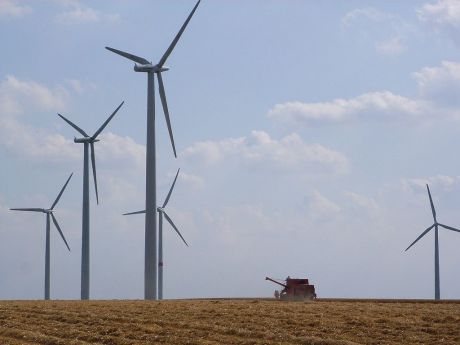Wind farms only generate electricity when the wind is blowing, thereby creating the need for back-up generation. Hydrogen plays a key role in storing the power from excess electricity and can be produced by linking wind turbines to electrolysers that split water into its components. After being stored, hydrogen can be used later to generate electricity from a fuel cell.
The aim of
ELYGRID (Improvements to integrate high pressure alkaline electrolysers for electricity/H2 production from renewable energies to balance the grid) was to reduce the cost of hydrogen produced through electrolysis coupled to RESs. The focus was on megawatt-size alkaline electrolysers with capacities upwards of 0.5 MW.
Project partners aimed to increase the efficiency of the electrolysers by 20 % and reduce costs by 25 %. To achieve this, they successfully developed and tested a new cell topology, with efficiency of hydrogen production amounting to 70 %. Producing more hydrogen per unit volume leads to a decrease in production costs.
Just like RESs interconnect with the electrical grid through some type of power electronics interfaces, electrolysers also have similar power electronics to use grid power. Project partners designed new power electronics modules connected in parallel to efficiently convert the alternating current to direct current required by the electrolysis cell stack.
A new balance of plant was designed including all the electrolyser components in the same container, thus creating a more competitive electrolyser unit with decreased costs of commissioning. In addition, ELYGRID partners developed an improved control system coupled to the wind turbine. Depending on the demand, the system can either store energy or feed electricity to the electrical grid.
The large units envisaged by ELYGRID are capable of producing enormous amounts of hydrogen for power-to-gas applications, fuel cell vehicles' deployment and use in industry. Project outcomes should thus help develop a hydrogen economy in the EU that will reduce its dependence on imported fossil fuels for electric power generation.

